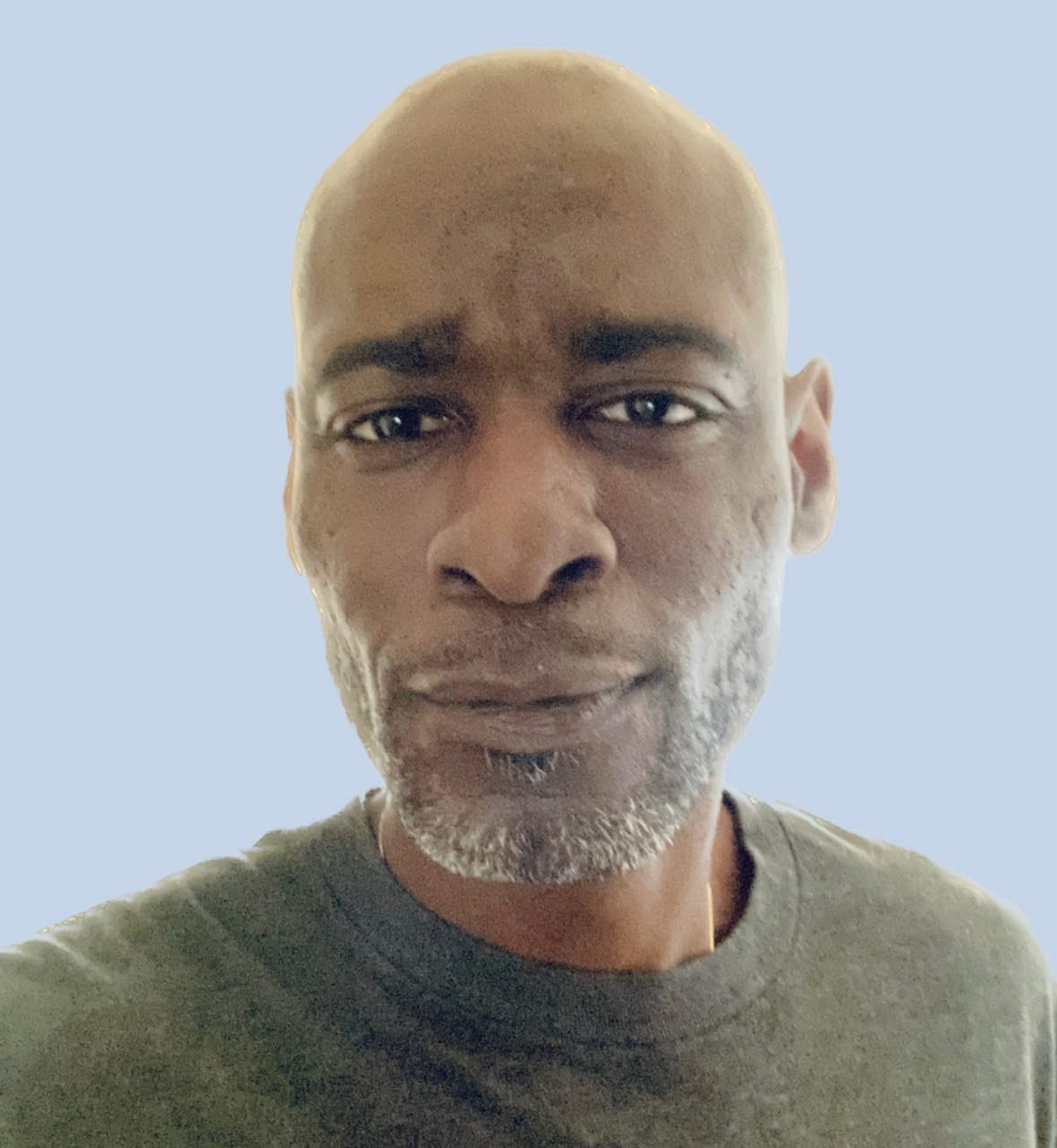Last week, I touched on the insatiable appetite we have for control over things beyond our grasp. I then mentioned the byproducts of this destructive appetite but within the context of everyday communication.
Those byproducts were:
A) Perfectionism and Overachievement
B) Perfectionism and Underachievement
In part 1, I covered the former, Perfectionism and Overachievement: this is one’s desperate desire to say the right thing to impress the right person(s), without considering how foolish their rhetoric might be. Now, I will cover the latter.
Perfectionism and Underachievement
Unlike Perfectionism and Overachievement, conversely, there are moments of painful silence. So instead of making a concerted effort to communicate, or vomit an onslaught of incoherent sentences, as introverts, we will evade all participatory verbal communication.
For instance:
A) The girl you’ve desired becomes unattainable because you don’t know what to say.
B) The guy that steals your heart is now beyond your reach as you shy away from the moment to tell him how you feel.
C) Your CEO, in your mind, becomes larger than life, hence you wish not to screw up when speaking to her or him.
Aside from a loss of proper word selection, there is a fundamental loss of voice. In these scenarios, there’s no tripping over words, stumbling over feet, or ass kissing — but only because an effort to say something has not been made, for fear of disclosing imperfect speech. Also, these types of scenarios cause introverts to second-guess themselves.
______
While a junior in undergrad, my classmates and I received notice that a well-known media personality, Tavis Smiley, was slated to make a possible visit to our school of communications. Well, that visit became a reality. On the day of Tavis’ visit, I was present in our campus studio. Instead of taking the reins and showing Tavis around, I stood frozen as a statue, as our chief engineer escorted Tavis through our media facility.
While all of this took place, there was a struggle in my mind — a struggle some introverts have experienced. The struggle, as it pertained to my situation with Tavis involved me toggling back and forth in mind between two choices which were:
A) Say something to Tavis
B) Don’t say anything to Tavis.
Because of bad nerves and fear of embarrassing myself — emotions that stemmed from an unnecessary need to be perfect and to disclose PERFECT SPEECH as in Perfectionism and Overachievement, I settled for option B.
Could something of value have transpired had I introduced myself to Tavis? An internship? Connections?? Maybe??? Maybe not? But I didn’t try, so I’ll never know what could have been. Nonetheless, sometimes a simple introduction can open doors.
To support the previous sentence, fast forward to my senior year in undergrad, I did the opposite. While attending a film festival, I introduced myself to a representative from one of our local television stations.
Overachievement, nor Underachievement for the sake of perfection, was in the equation.
My introduction was nothing grandiose.
Instead, just a hello, my name is, I’m a communications student, and I will graduate this month. Those simple words sparked a dialogue that led to a job interview.
You may be wondering what changed. Like, what happened between going cold on Tavis Smiley and cold approaching the television representative? Remember: I anticipated Tavis’ visit. Yet, my experience with the television rep was a chance meeting – strictly impromptu; I had no idea who would attend the film festival, but still, I dropped the ball during Tavis’ planned visit.
Back to the question – what changed? First, the Tavis incident had a profound impact on me. Despite not knowing what fruit could have come from making an impression on Tavis, still, I screwed up. Thus, I made a vow to myself to be on point next time. Other than redemption, there was something else – small exercises to optimize my communication skills for like situations. In part 3, I’ll share the exercises in question.
About that interview – did I get the job? No! What I did receive was an experience – one that exposed both the harm of communicative indecisiveness and the power of direct cold approaches.
______
You may wonder about Perfectionism and Overachievement vs Perfectionism and Underachievement – which is worse? Both are and clearly, I do not recommend over-achievement or underachievement for perfect dialogue. Yet, I am tempted to give a modicum of credit to the underachiever of perfect diction, but only because some people do not think before speaking.
Next week in our third and final installment, I’ll offer tips to help eliminate the need for perfection while engaged in everyday conversation. Also, I’ll take a break from mentioning the word perfection, to focus my attention on the benefit of imperfection within the context of everyday communication. As always, thank you for making time to read this message; I’ll see you soon.
Kind regards,
Joshua





